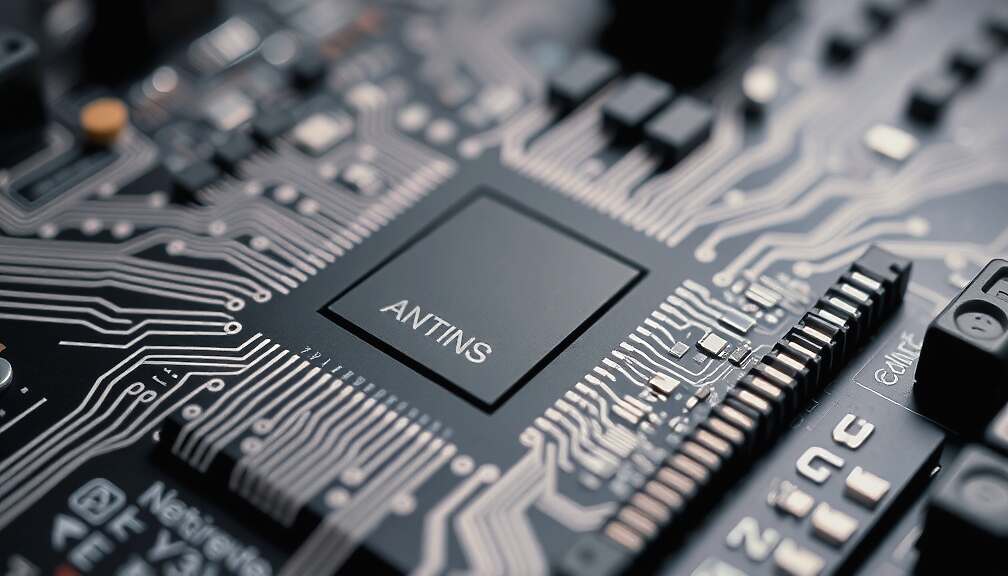A research team at the University of Jena has announced a significant breakthrough in quantum computing, successfully demonstrating direct control of a qubit – a fundamental building block of quantum computers – using electric fields. The finding, revealed this week, represents a potential leap forward in the development of faster and more energy-efficient quantum computing systems.
Previously, controlling qubits has largely relied on the application of magnetic fields, a technically demanding process. The University of Jena researchers have circumvented this limitation through the creation of a specialized miniature component crafted from copper, exhibiting exceptional sensitivity to electrical currents.
“Electric fields offer a level of precision, speed and controllability that magnetic fields often lack” explained Winfried Plass, the project leader from the Institute for Inorganic and Analytical Chemistry at the University of Jena. He added that systems based on this new approach could pave the way for significantly more powerful and energy-efficient quantum computer designs.
The details of this advancement have been published in the peer-reviewed journal “Nature Communications”, highlighting its potential to reshape the landscape of quantum computing technology.












